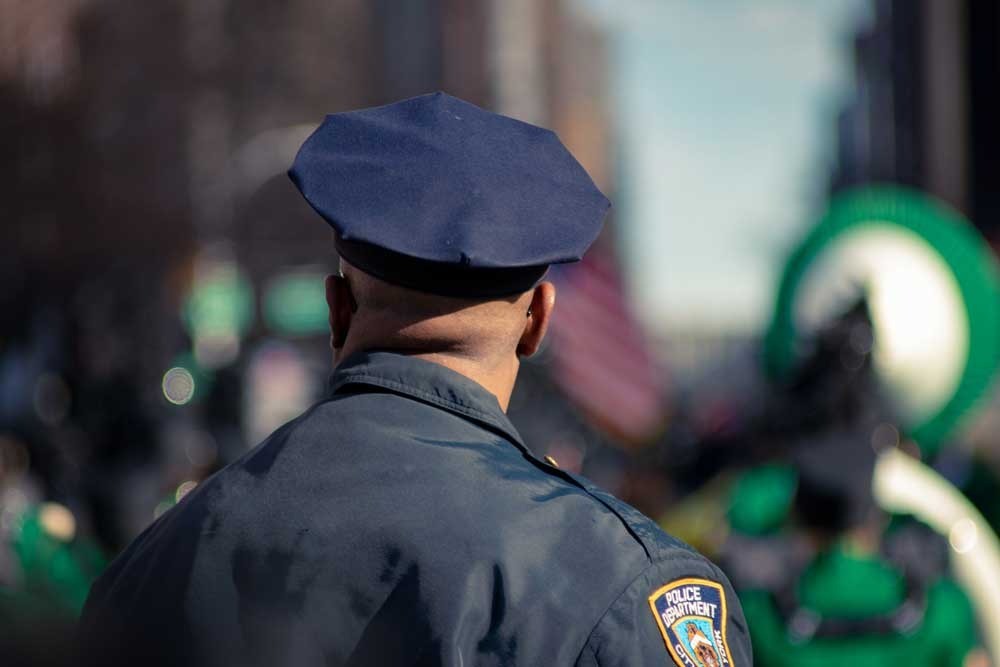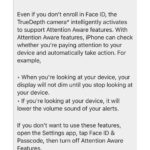The origins of slang terms for police are often shrouded in mystery. One particularly intriguing nickname is “5-0,” widely used to refer to law enforcement. But why are the police called 5-0? This article delves into the fascinating history behind this and other popular police monikers.
The Real Reason Behind “5-0”
The nickname “5-0” (pronounced “five-oh”) gained widespread popularity thanks to the iconic television show Hawaii Five-O, which ran from 1968 to 1980. The show featured the fictional Hawaiian police force, and “Five-O” became synonymous with their operations. The moniker’s origin within the show stems from Hawaii being the 50th state to join the United States. While not an official designation for Hawaiian law enforcement in reality, the nickname caught on with viewers and spread across the country. To this day, “5-0” remains a common slang term for police.
Other Popular Nicknames for Police
“5-0” isn’t the only slang term for police. Several other nicknames have emerged over time, each with its own unique backstory:
The Fuzz
The origins of “the fuzz” remain unclear, although several theories exist. Some speculate it originated from the crackling static of police radios, while others point to the fuzzy hats worn by British police officers. Alternatively, it might be linked to the short, fuzzy haircuts of newly graduated police academy recruits, or even a shortened version of “the force.” Regardless of its true etymology, “the fuzz” gained traction in the 1960s and 70s and continues to be used occasionally.
The Heat
“The heat” may allude to the red flashing lights of police cars, or the metaphorical pressure applied during interrogations. “Heat” is also slang for firearms, possibly connecting the term to police officers being armed. The precise origin remains uncertain.
Boys in Blue
This straightforward nickname derives from the traditional navy blue color of police uniforms. While uniform colors vary today, the association with “blue” has persisted.
Cop/Copper
“Cop,” meaning to arrest, emerged around 1844. By 1846, “copper,” referring to the person making the arrest, came into use. Ironically, it was shortened back to “cop” by 1859 and remains the most prevalent term for police officers today. Some falsely attribute it to “Constable on Patrol” or copper badges and buttons. However, these theories lack historical evidence.
Less Common and Historical Nicknames
Other less common nicknames for police include:
-
Gumshoe: Referring to detectives who discreetly investigated crimes wearing quiet, rubber-soled shoes in the 19th century.
-
Smokey: Likely inspired by Smokey the Bear, due to the resemblance between police hats and Smokey’s ranger hat. The 1977 film Smokey and the Bandit further popularized this term.
-
The Man: A broader term for authority figures, especially government-related, popularized during the counterculture movement of the 1960s and 70s.
International Police Nicknames
Nicknames for law enforcement aren’t exclusive to the US:
-
Bobbies (UK): Named after Sir Robert “Bob” Peel, founder of the London police in 1829.
-
Mounties (Canada): Referring to the Royal Canadian Mounted Police, historically known for patrolling on horseback.
-
Pikachu (Vietnam): A modern nickname inspired by the yellow uniforms of Vietnamese traffic police, resembling the Pokémon character.
Conclusion
From “5-0” to “the fuzz,” nicknames for police offer a glimpse into the evolution of language and popular culture. While the origins of some remain debated, each moniker reflects a unique aspect of law enforcement history and public perception. “5-0,” undeniably linked to the Hawaii Five-O television series, stands as a testament to the enduring power of media influence on language.

